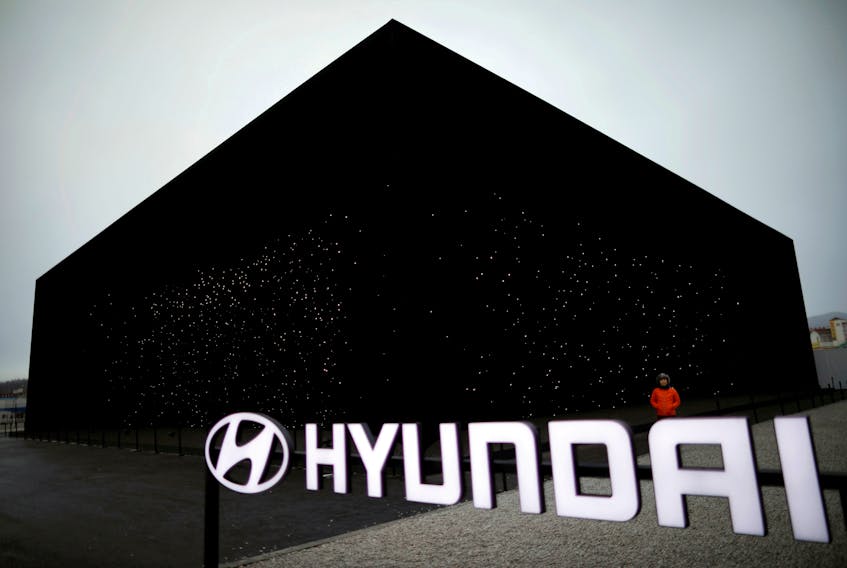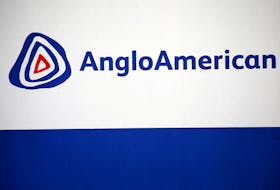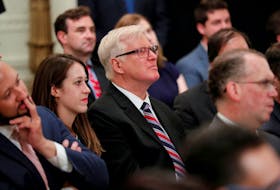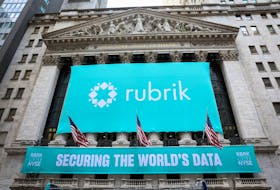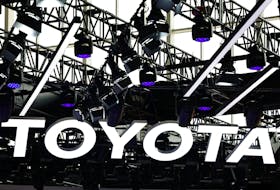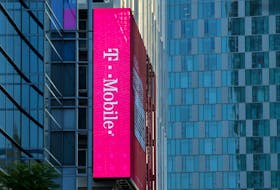By Hyunjoo Jin
SEOUL (Reuters) - South Korea's Hyundai Motor unveiled a promising outlook for sales at home and in the United States, and also reported its first rise in profit in five quarters, in an early sign of recovery even as it battles a slump in China.
This comes as Hyundai's heir apparent Euisun Chung tightens his grip and reshuffles top management to revive stalled growth at the automaker - once hailed as a star performer during the global financial crisis about a decade ago.
Hyundai is now rolling out a full line-up of sport utility vehicles (SUVs) this year, after a consumer shift to the segment took a toll on its sedan-heavy line-up.
In the quarter ended March, Hyundai raked in a better-than-expected 24 percent rise in net profit to 829 billion won ($722 million), versus an eight-year low plumbed a year earlier, its first year-on-year rise since end 2017.
That beat an average estimate of 758 billion profit from 15 analysts polled by Refinitiv.
Its operating profit rose 21 percent to 825 billion won and revenue climbed 7 percent to 23.99 trillion won, as its South Korea sales hit a 17-year high and U.S. sales rose for the first tine since 2016.
"We will try to sustain our profit improvements driven by new models," CFO Choi Byung-chul said on an earnings call on Wednesday, adding Hyundai is aiming for an operating margin of more than 4 percent this year versus 2.5 percent last year.
He also said Hyundai had decided to suspend its oldest plant in China to better manage its massive overcapacity there and respond to Beijing's efforts to tackle pollution.
"The Chinese market is not in a favorable condition."
Hyundai's first-quarter sales in China slumped 19 percent to the lowest since 2009, hit by the lack of attractive models and strong branding amid competition from local and global rivals.
An overall slowdown in auto sales in China in the quarter, after contracting in 2018 for the first time in almost three decades, further pressured Hyundai's sales in the world's biggest car market.
STRONG SOUTH KOREA SALES
The Chinese gloom was, however, offset by improving business in Hyundai's two other key markets during the first quarter.
At home, its sales rose 9 percent to the highest since 2002 with its Palisade large SUV selling better than expected, even as its rivals such as General Motors, Renault, Mercedes Benz and BMW struggled with falling sales.
Hyundai, which with affiliate Kia Motors is the world's the No.5 automaker, expects to exceed this year's sales target of 712,000 vehicles for the domestic market, driven by upcoming models such as its Genesis G80 sedan and GV80 SUV.
In the United States, the third-biggest market for Hyundai after China and Korea where it is slowly catching up with the shift to SUVs, the automaker's sales rose 2 percent.
The automaker said it aims to turn around its U.S. sales and profits this year.
U.S. PLANS
Just last week, Hyundai hired former Nissan executive Jose Munoz to oversee its Americas operation, replacing William Lee, who has held the position for less than a year.
The appointment comes at a time when Hyundai and Kia are facing U.S. regulatory investigations into the timeliness of recalls involving defective engines and thousands of fires connected to their vehicles. Then there is also a threat of U.S. import tariffs.
Hyundai said it is "sincerely" cooperating with the National Highway Traffic Safety Administration probe, adding it is difficult to predict when the investigation will be over.
U.S. President Donald Trump, who has threatened to levy tariffs of some 25 percent on imported vehicles and auto parts on national security grounds, has until about May 17 to act on any tariff recommendations made by the Commerce Department. Hyundai imports around half of its vehicles sold in the United States from South Korea and Mexico. Shares of the automaker rose 1.8 percent after the results, outperforming the wider market's 0.9 percent fall.
(Reporting by Hyunjoo Jin; Editing by Himani Sarkar)

